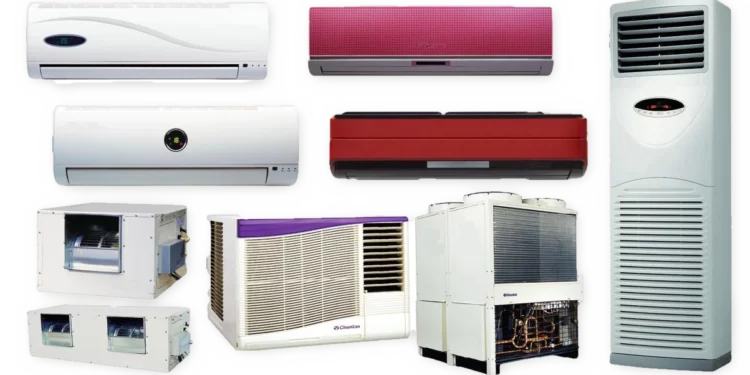In the pursuit of ultimate comfort and convenience, air conditioning technology has come a long way. From the early days of basic cooling systems to the present, where innovation knows no bounds, the world of air conditioning has transformed our lives. In this comprehensive article, we will explore the latest advancements in air conditioning technology that promise to deliver unparalleled comfort and energy efficiency.
The Evolution of Air Conditioning
Early Days of Cooling
The concept of cooling indoor spaces dates back to ancient civilizations, where various techniques were employed, such as using water-soaked reeds and windcatchers. However, the modern era of air conditioning began in the early 20th century with the invention of mechanical cooling systems.
Refrigeration-Based Systems
Refrigeration-based air conditioning systems, which were initially designed for industrial use, eventually found their way into homes. These systems relied on the principles of heat transfer and refrigerants to cool indoor spaces.

Read more home renovation tips here.
The Latest Innovations
Smart Air Conditioning
Today, the air conditioning industry is undergoing a significant transformation with the advent of smart technology. Smart air conditioning systems are equipped with sensors and connectivity features that allow homeowners to control their indoor climate remotely. These systems can be controlled via smartphone apps or voice-activated virtual assistants, providing unparalleled convenience.
Energy Efficiency
One of the key priorities in modern air conditioning is energy efficiency. With the increasing awareness of environmental concerns, manufacturers are focusing on developing systems that consume less energy while delivering exceptional performance. This not only reduces electricity bills but also contributes to a greener planet.
Zoned Cooling
Zoned cooling systems have gained popularity in recent years. Unlike traditional systems that cool the entire house evenly, zoned systems allow users to adjust the temperature in different areas independently. This not only enhances comfort but also reduces energy wastage in unused rooms.
Air Quality Control
Indoor air quality is a significant concern for many homeowners. Advanced air conditioning systems now come with integrated air purifiers and filters that can remove allergens, dust, and pollutants from the air. This ensures a healthier living environment for you and your family.
Choosing the Right System
With so many innovations in air conditioning technology, choosing the right system for your home can be a daunting task. Here are some factors to consider:
Size and Capacity
The size of your air conditioning system should match the cooling needs of your space. An undersized unit will struggle to cool your home, while an oversized one may lead to excessive energy consumption. Consult with a professional to determine the right size for your needs.
Energy Efficiency Rating
Look for systems with high Energy Efficiency Ratios (EER) or Seasonal Energy Efficiency Ratios (SEER). These ratings indicate how efficiently the unit can cool your space. A higher rating means lower energy consumption.
Smart Features
Consider whether you want a smart air conditioning system. Smart features provide convenience and energy-saving capabilities but may come at a higher initial cost.
Maintenance Requirements
Regular maintenance is crucial for the longevity and efficiency of your air conditioning system. Some systems require more maintenance than others, so factor this into your decision-making process.
Conclusion
Innovative air conditioning technology has revolutionized the way we experience comfort in our homes. From smart features to energy efficiency and improved air quality, these advancements have set new standards for the industry. When selecting an air conditioning system for your home, consider your specific needs and preferences, and consult with a professional to make an informed choice. With the right system in place, you can enjoy ultimate comfort while minimizing energy costs and environmental impact.







